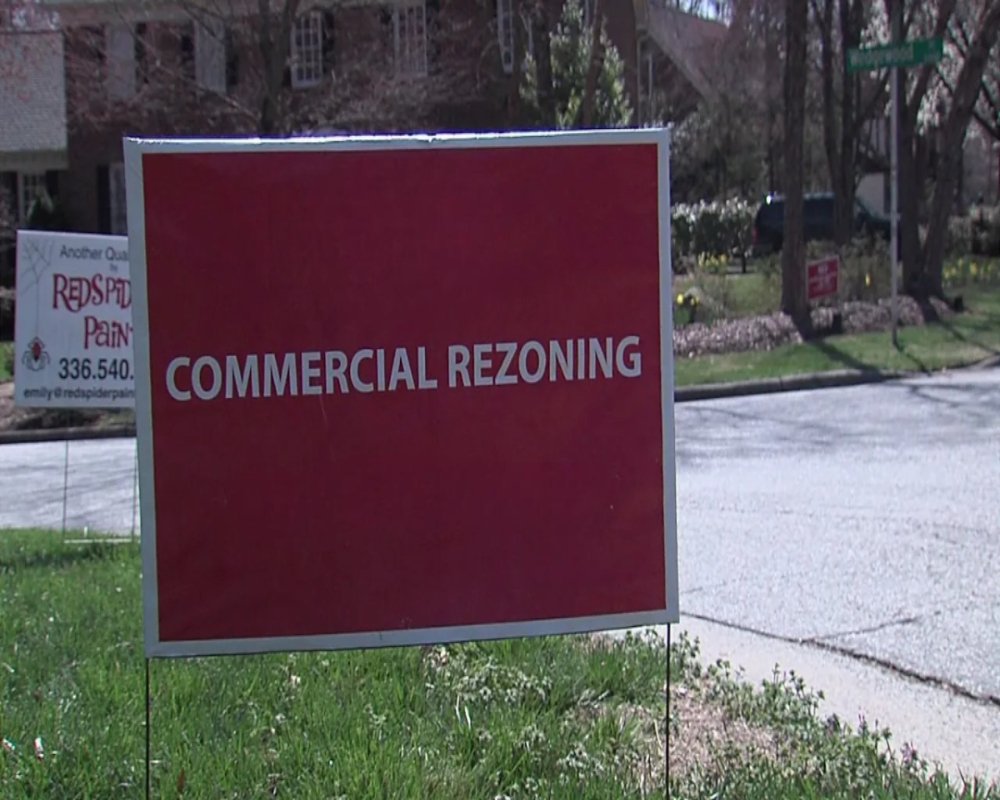Introduction Financial models for rezoning-based investments are strategic tools used to evaluate the profitability, risk, and viability of converting land from one zoning category to another—typically into commercial use. These models combine cost estimates, revenue projections, time horizons, and sensitivity analyses to guide decision-making throughout the investment lifecycle. Investors use these...
Investment
Introduction Market forces play a vital role in determining the profitability of rezoning investments by influencing land value, demand, development potential, and timing. While the legal and regulatory aspects of rezoning are critical for approval, it is the underlying market dynamics that ultimately shape the return on investment. Investors who monitor these forces—such as demand trends, economic...
Introduction Timelines in commercial rezoning investment refer to the duration required to complete each stage of the land use change process—from application submission to final approval and record updates. These timelines are influenced by legal procedures, municipal workflows, public participation, and external approvals such as environmental clearances. For investors, understanding rezoning...
Introduction Municipal influence plays a central role in determining the success or failure of rezoning investments. As the primary regulatory authority over urban land use and zoning decisions, municipal bodies set the legal, procedural, and strategic framework within which rezoning proposals are reviewed and approved. Their support or resistance directly impacts the investor's ability to change land use...
Introduction The legal framework in rezoning investment defines the formal structures, rules, authorities, and procedures governing how land use changes are reviewed, approved, and enforced. It establishes the regulatory path by which investors transform raw or underutilized land into commercially viable properties. A robust understanding of the legal framework ensures compliance, reduces risks, and...
Introduction Understanding zoning terminology is essential for investors involved in land acquisition, development, or rezoning processes. Zoning terms define how a piece of land can legally be used, what types of structures can be built, and the limitations imposed by local planning authorities. Familiarity with these terms helps investors evaluate land potential, navigate approval processes, and avoid...
Introduction Selecting rezoning-friendly commercial locations is a strategic decision that directly affects the success, profitability, and timeline of land investments. Not all areas offer equal opportunities for rezoning, as local planning regulations, infrastructure readiness, market demand, and policy support vary significantly. Investors must evaluate specific criteria to ensure the location aligns...
Introduction Value creation through successful rezoning investments refers to the transformation of underutilized or low-value land into high-potential commercial assets by legally changing its land use classification. Rezoning allows land to support business activities such as retail, offices, warehousing, and hospitality, significantly increasing both its economic utility and market value. For...
Introduction Rezoning is the process by which investors legally change the land use classification of a property to unlock higher commercial potential. It is commonly used to convert agricultural, residential, or industrial land into commercial zones to allow for business operations, retail developments, office parks, or logistics facilities. For investors, understanding and executing the rezoning process...
Introduction Investors pursue commercial land rezoning to maximize the value, flexibility, and profitability of their real estate holdings. Rezoning changes a parcel’s legal land use, typically from residential, agricultural, or industrial to commercial, unlocking broader development options and higher returns. It allows landowners to align their properties with growing urban demand, infrastructure...










